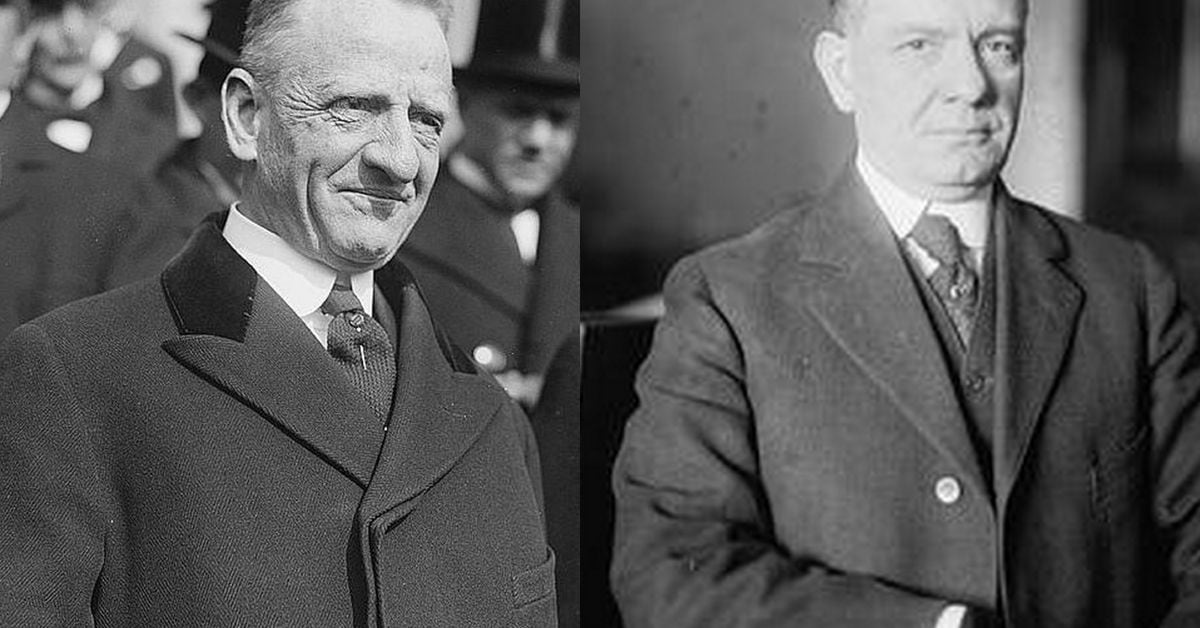
In recent weeks, the Salvadoran media has been abuzz with speculation that Bitcoin Country President Nayib Bukele will step down from his current role to pursue a second term in office. This move hinges on obtaining a special license from the Salvadoran Legislative Assembly, a process that requires three-quarters approval from the body. Previously, it was widely believed that Salvadoran presidents were limited to a single five-year term. However, a landmark Supreme Court ruling has opened the door to the possibility of a second term, provided the incumbent steps down at least six months before the next presidential term commences on June 1, 2024.
The Constitutional Framework
The Supreme Court’s ruling introduced a nuanced framework for seeking a second presidential mandate in El Salvador. It stipulated that a candidate can serve a maximum of two terms within a ten-year period, but crucially, they cannot hold the presidency and campaign simultaneously. This unique provision is designed to ensure that a candidate must “humble” themselves to the status of a citizen without a position of power within the government. This safeguards against the misuse of state resources for campaign purposes, an issue that has plagued many democracies around the world.
The Race Against Time
As of now, President Bukele has not yet registered as a candidate for the upcoming elections. The Supreme Electoral Tribunal has set a deadline of October 26, 2023, for presidential candidates to submit their registrations. However, it is increasingly likely that Bukele will need to step away from the presidency in order to meet this crucial deadline. This adds an extra layer of complexity to an already intricate political process.
In a recent press conference, Bukele indicated that he would register as a candidate on October 24 or earlier, but definitely before the deadline and according to the law. What is unclear is whether he will step down before registering or not, and there may be two options for Bukele:
- To step down from the presidency before the October 26 deadline and register as a candidate; or
- To register as a candidate while still in the presidency by the October 26 deadline and step down later to meet the constitutional requirement. This scenario is only viable assuming that the Supreme Elections Tribunal would rule that Bukele’s candidacy is provisional, provided that he does not campaign until he steps down, which must happen by November 30.
Implications for El Salvador
This development carries significant implications, particularly for the Bitcoin project in El Salvador, a flagship initiative of Bukele’s administration. Additionally, it holds paramount importance for Salvadorans who have experienced notable gains in terms of security and overall improvements in their country. The upcoming elections, scheduled for February 4, 2024, will undoubtedly shape the future trajectory of El Salvador.
Bukele’s Popularity and Controversies
President Bukele enjoys a staggering approval rating of over 90%, making him the clear frontrunner in the upcoming elections. However, not everyone agrees with his bid for a second term. Detractors and members of the political opposition argue that the Supreme Court ruling that enabled his candidacy is unconstitutional. This dissent has sparked heated debates on the legality and ethical implications of his potential second term.
The Road Ahead
As the presidential electoral campaign officially kicked off on October 3, 2023, all eyes are on Bukele and his next move. When he decides to temporarily vacate his post to seek a second term, the question of who will step in as interim president becomes vital. Both local and international observers will closely monitor this transition period.
The political landscape in El Salvador is undergoing a seismic shift as President Nayib Bukele readies himself for a bid for a second term. The Supreme Court ruling, the electoral deadlines, and the intricacies of Salvadoran politics converge in this pivotal moment. The outcome of these events will not only shape the future of El Salvador but will also have far-reaching implications for the region and beyond. As the nation stands at the precipice of this historic juncture, the eyes of the world remain fixed on Bitcoin Country.
This is a guest post by Jaime Garcia. Opinions expressed are entirely their own and do not necessarily reflect those of BTC Inc or Bitcoin Magazine.










